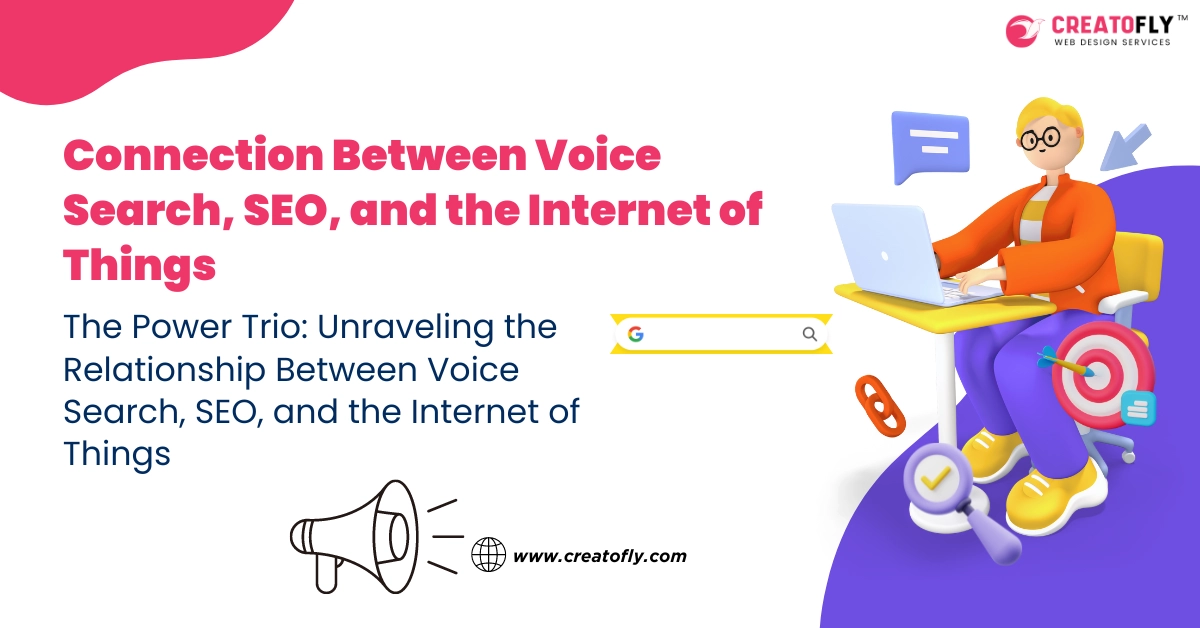In today’s fast-paced digital landscape, technology continues to shape the way we interact with the world around us. Two prominent technological advancements that have gained significant traction in recent years are voice search and the Internet of Things (IoT). These innovations have not only transformed the way we search for information but have also presented new opportunities and challenges for search engine optimization (SEO) strategies.
Voice search, powered by intelligent voice assistants such as Amazon’s Alexa, Google Assistant, and Apple’s Siri, has become increasingly popular. It offers users a convenient and hands-free way to interact with devices, enabling them to search the web, access information, and perform various tasks using voice commands. As a result, businesses and marketers need to understand the impact of voice search on SEO and adapt their strategies accordingly.
At the same time, the Internet of Things has ushered in a new era of connectivity. IoT refers to the network of physical devices, vehicles, appliances, and other objects embedded with sensors, software, and connectivity, allowing them to collect and exchange data. This interconnectedness creates a vast ecosystem of devices that can communicate with each other, share data, and enhance user experiences. With the proliferation of IoT devices, optimizing content and websites to align with this interconnected landscape becomes crucial.
The relationship between voice search, SEO, and the Internet of Things is closely intertwined. Here’s a closer look at how these elements interact and impact each other:
- Changing Search Behavior: Voice search has altered the way people search for information. Instead of typing a query into a search engine, users now speak their queries into voice-enabled devices. This shift in behavior requires businesses to optimize their content for voice search, focusing on conversational and long-tail keywords that align with natural language queries.
- Contextual Relevance: With the IoT, devices gather data and share it across various platforms. This allows voice assistants to access relevant information about users’ preferences, locations, and habits. SEO strategies need to consider this contextual relevance by providing personalized and location-based content to align with users’ needs.
- Local SEO: Voice search is often used for local queries such as “near me” searches. As more users rely on voice search to find local businesses and services, optimizing for local SEO becomes critical. This involves claiming and optimizing Google My Business listings, incorporating local keywords, and ensuring accurate business information across online directories.
- Structured Data Markup: Voice assistants rely on structured data to provide accurate and concise answers to user queries. Implementing structured data markup on your website helps search engines understand and present your content more effectively in voice search results.
- User Experience: The convergence of voice search and IoT emphasizes the importance of delivering a seamless and intuitive user experience. Optimizing website speed, ensuring mobile-friendliness, and providing easy navigation across devices contribute to a positive user experience and higher search rankings.
To harness the power of this power trio, businesses and marketers should:
- Conduct keyword research that incorporates voice search queries and conversational language.
- Optimize content with structured data markup to enhance search engine visibility.
- Focus on providing valuable, concise, and easy-to-understand answers to commonly asked questions.
- Invest in optimizing for local SEO to capture voice searches for local services and businesses.
- Continuously monitor and adapt SEO strategies to keep pace with evolving voice search and IoT trends.
As voice search and the Internet of Things continue to evolve, understanding their relationship with SEO is crucial for businesses aiming to maximize their online visibility and stay ahead of the competition. Embracing the power trio of voice search, SEO, and the Internet of Things can unlock new opportunities and drive meaningful engagement with your target audience. By staying informed and adapting your strategies accordingly, you can position your business for success in this rapidly changing digital landscape.
